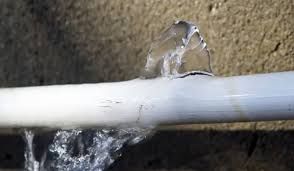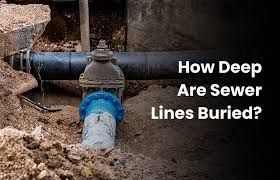5 Ways to Check the Plumbing in a Potential Home
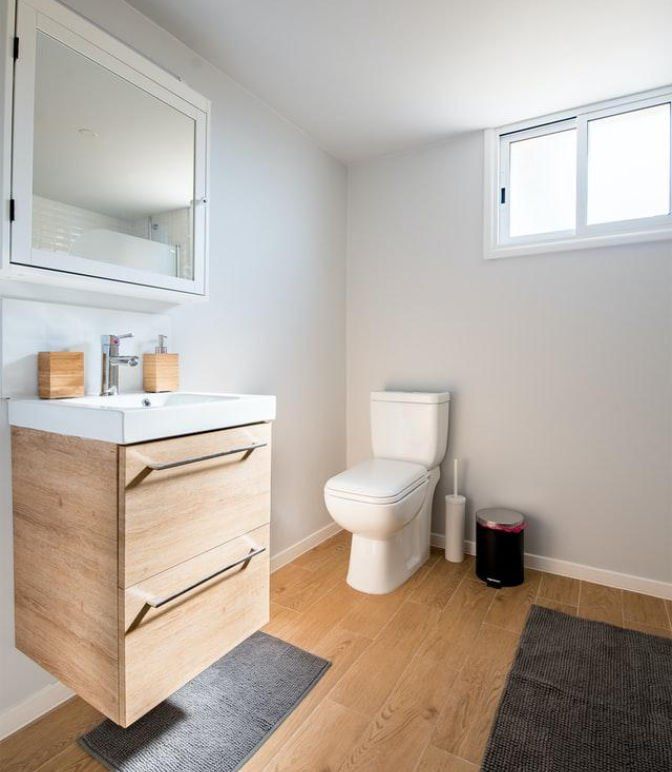
When you’re looking to buy a house, the house hunt can be an exciting (and slightly tiring) time! Looking through house after house to see which one fits your needs and wants…you may be so focused on whether or not a house has a big enough master bathroom that you forget to check out the toilets and shower in said bathroom. Whether you’re buying your first home, dream home, or investment property, you’ll want to inspect all the plumbing so that you’ll know what kind of condition it’s in. Knowing how to check the plumbing of the property you’re looking at is crucial during the buying process. A thorough plumbing check brings to light problems that may dissuade you from buying the house, or lets you know exactly what needs to be addressed moving forward with the buying process. And yes, a home inspection will address the house’s plumbing as well, but that’s when the house is already under contract, and that’s not the point that you want to find out about glaring plumbing problems. As your provider of plumbing services in Birmingham, AL , All City Plumbers wants you to know what to look for and when to call us.
Before you dive into buying a house, here are five ways to check for plumbing issues, and the biggest tip to keep in mind when checking out properties.
1. Turn On Every Faucet and Flush Every Toilet
If the water is on in the home you’re looking at, flush the toilet in each bathroom to see how well it functions and to check for any leaks around the base. Turn on the sink faucets in the bathrooms as well as the kitchen to see how well the sink bowl drains and to make sure both hot and cold water readily come out. Check to make sure the shower head works and doesn’t leak; take a mental note of the water pressure as well. Look to see if the bathtubs and shower floor drain properly. Write down any issues you notice. Many leak or draining issues are easy fixes and probably won’t be deal breakers, but if you notice any glaring issues, you’ll need to take that into serious consideration.
2. Check the Water & Drain Lines
These are two fairly simple things to test, but can reveal a lot about the plumbing. First, check down the drains for signs of corrosion. Second, check the visible water lines underneath the sinks, and make sure there are no leaks or discoloration that could indicate leaks.
3. Ask About the Water Heater’s Age
Water heaters generally have a lifespan of about a decade. Inquiring after the age of the heater will tell you how soon it’ll need replacing, and whether you’ll need to budget for the replacement if it’s nearing the 10-year mark. Also, take note of the water heater location, and how much damage potential leaks could cause.
4. Test the Water Pressure
We briefly mentioned this earlier, but let’s talk about it in further detail. Water pressure may not be the first thing on your mind, but poor pressure can be a nightmare to deal with. Testing the water pressure in the property with a pressure gauge will give you a pressure reading. If the pressure is too low, it might indicate clogs or other issues with the pipes. If the water pressure is too high, it could start to damage the water heater and other appliances around the house.
5. Check the Whole Property for Signs of Water Damage
There are many obvious signs of water damage that may be present when you’re shown around a property. Look for brown spots on the ceiling for indications of leaks from the roof or from pipes. Look for signs of water damage in the crawlspace or basement- stay vigilant and check for stains, obvious leaks, and any faulty repair work. Be on the lookout for soggy or sunken spots around the yard and around the outside of the house that could indicate hidden leaks.
The Number 1 Tip
Asking questions and performing visual checks will reveal a lot of information about the state of the plumbing in your potential new home. Yet, to get the ultimate peace of mind when buying a house, you’ll need the plumbing services experts at Plumb One in Birmingham, AL to take a look at the plumbing. Obviously, you would only call us to check out the house (or houses) that you are most serious about.
With a thorough check of the water supply, drainage, and water pressure, you’ll be able to get a clear indication of the state of the plumbing, and discuss the costs involved in resolving any problems. When you start looking for your first or next home, put our number in your phone, 205-640-2848, so that you can call us with any plumbing questions or needs.
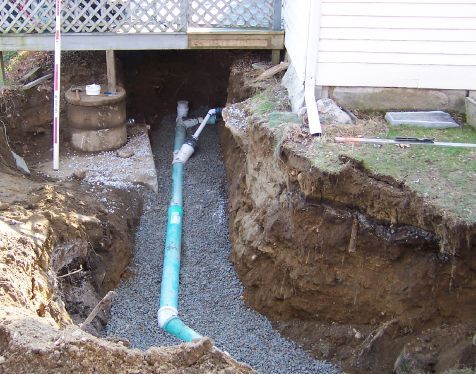
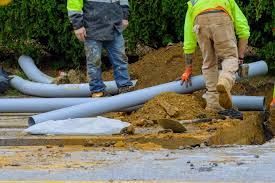
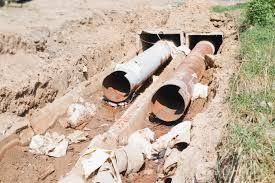
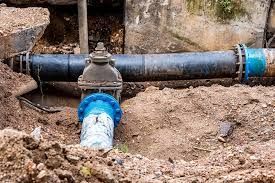

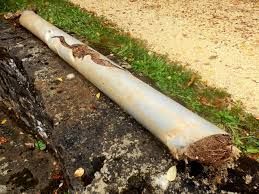
CONTACT INFORMATION
Office:
855-266-7682
Email:
service@AllCityPlumbers.com
Address: 6694 Oak Ridge Commerce Way, Austell, GA 30168
Business Hours:
Mon - Sun 24 Hours
OUR SERVICES
© 2022 All Rights Reserved|All City Plumbers Privacy Policy | Terms & Conditions | Sitemap

